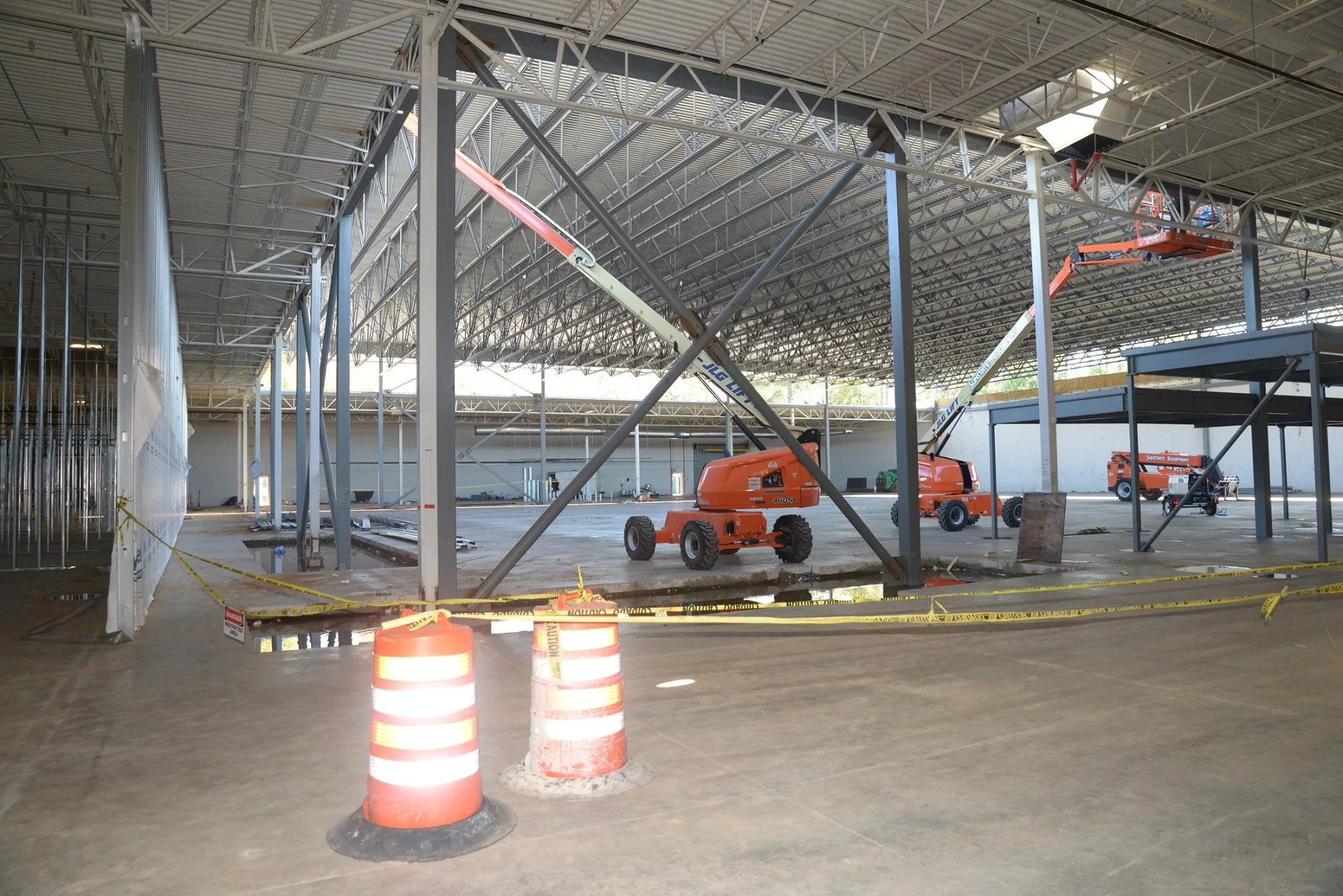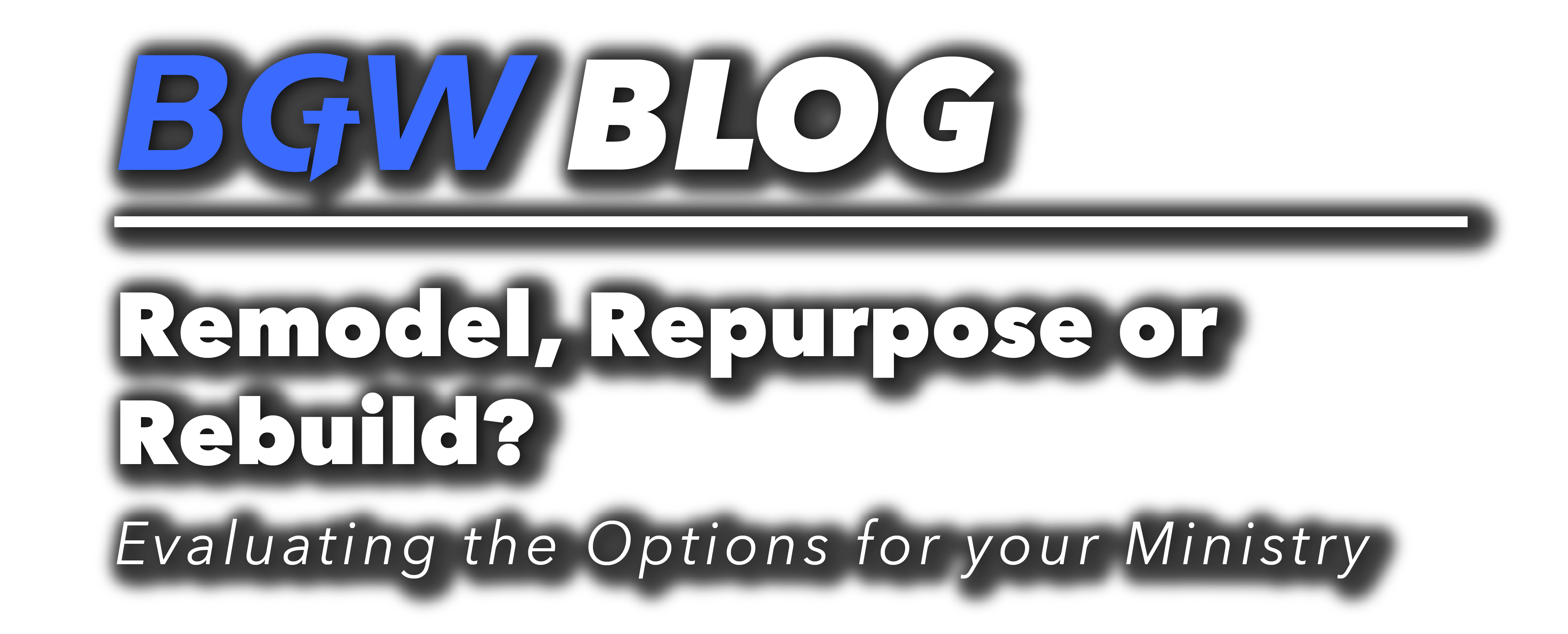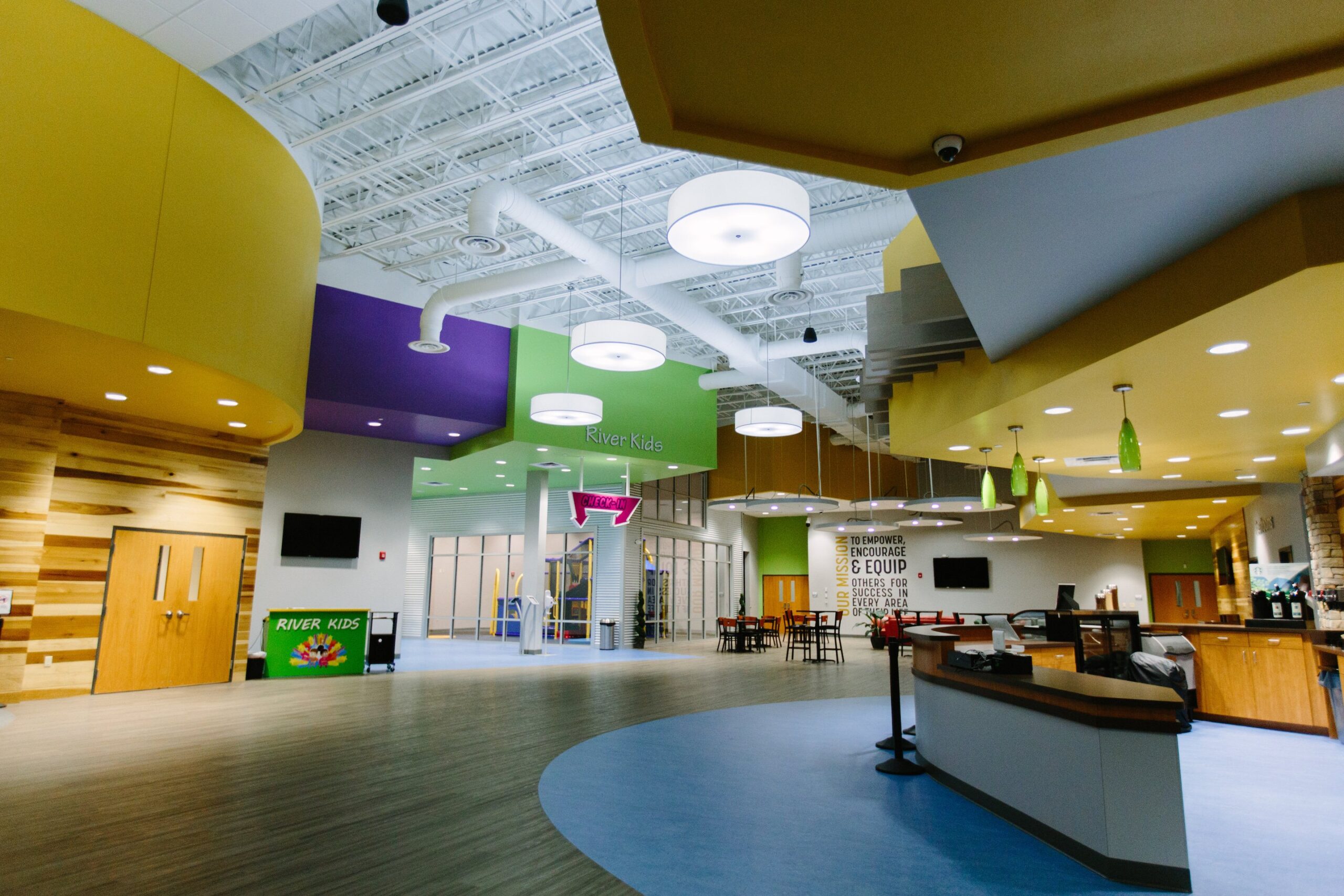

Building from the ground up isn't the only option for church expansion
Over the past 10 years, there has been growing number of retail brands closing their brick and mortar locations. This trend, commonly referred to as the “Retail Apocalypse”, started in 2010 following the great recession and has been fueled by the changing spending habits of U.S. consumers and the growth of e-commerce. In 2019, a record 10,000 retail stores closed in U.S., a 50% increase over 2018.
As a result of the economic impact from the Coronavirus, this trend has been accelerated with a record 12,200 stores closing their doors in 2020. This amounted to 159 million square feet of vacant space coming onto the market. Some analysts are estimating that as many 100,000 more retail store locations could close down by 2025.
These retail closures represent potentially hundreds of millions of square feet of commercial space coming onto the market over the next 5 years, offering opportunities for many growing churches that are looking for more affordable expansion solutions.
The shift toward the use of unconventional buildings for worship has been underway for years, but with more large retail spaces available than ever before, we expect this trend to become even more prevalent.
Retail buildings can offer a number of advantages to ministries. Since these properties have much of the infrastructure already in place, including the building envelope, utilities and parking, it typically costs significantly less to purchase an existing building and remodel it than to build from the ground up on a new piece of land.
These buildings are also typically located in heavily populated areas with great visibility and accessibility from major roads. In addition, they can offer churches more flexibility in the future if they outgrow the space, since the building is more marketable and has broader appeal from a real estate standpoint.
However, every situation is unique and it’s important to consult a professional that can help you calculate all the potential costs as you evaluate your options.
With 900 facility designs for ministries across the U.S., Building God’s Way has a specific expertise in this area and can help you establish a realistic budget that includes both hard & soft costs.

Repurpose Buildings for Worship: 5 Key Things to Consider
1. Location

As you start to see available retail or other commercial buildings spring up in your area, it is very important to evaluate the relative position of any given property within the community. Will the demographics of the local community support your continued growth? What are the surroundings like? Are you going to suffer from the impact of businesses that may not be good neighbors to you, such as gas stations or industrial sites? What are the crime rates and how could that effect your property and your people? Is there good available access from roads and what is the proximity to your congregation? These are all vital questions to consider as you are evaluating the location of the proposed building.

